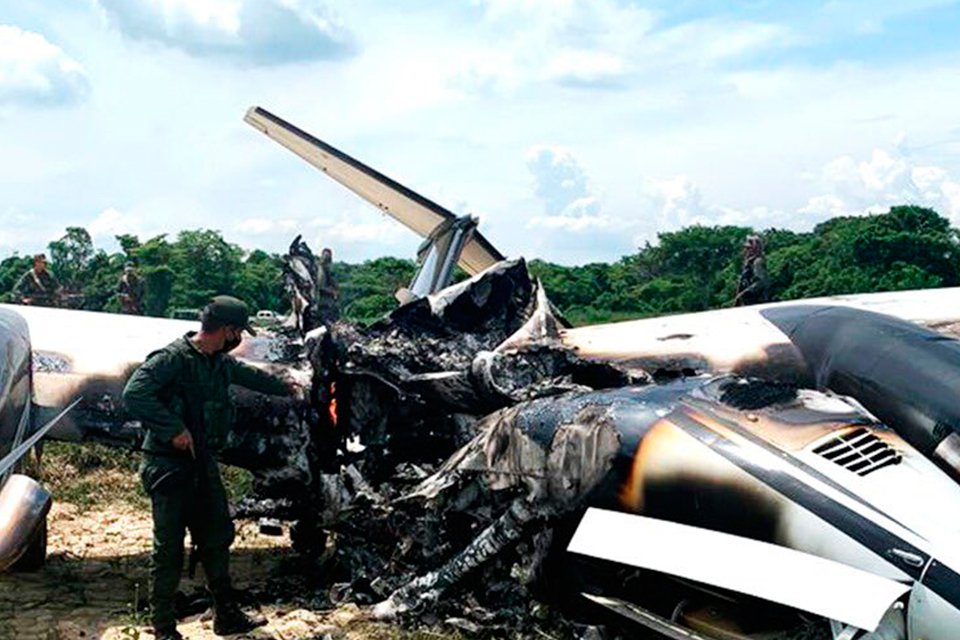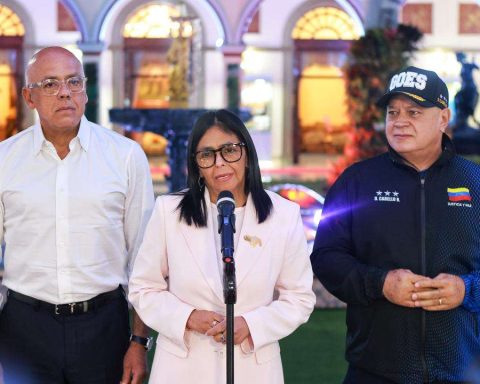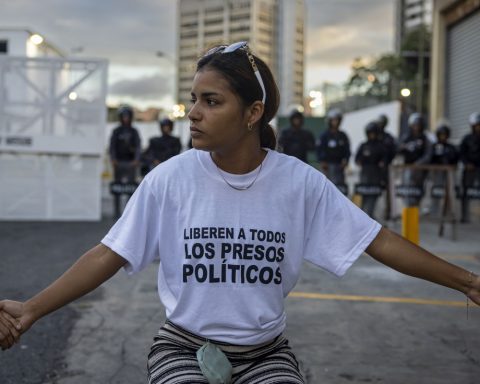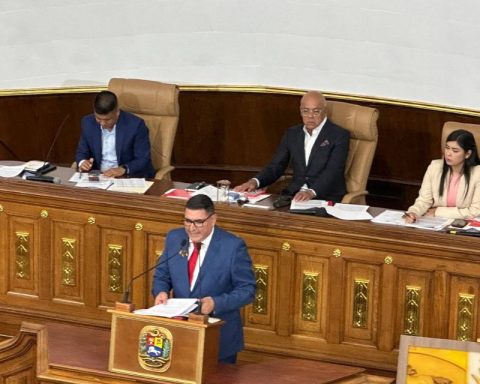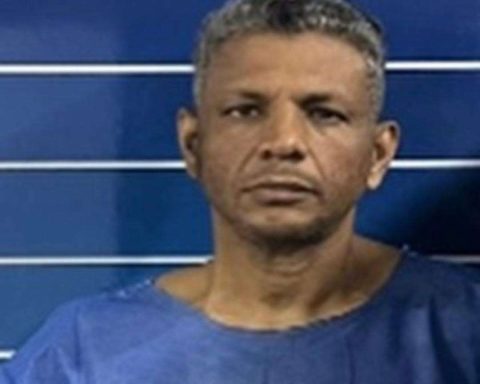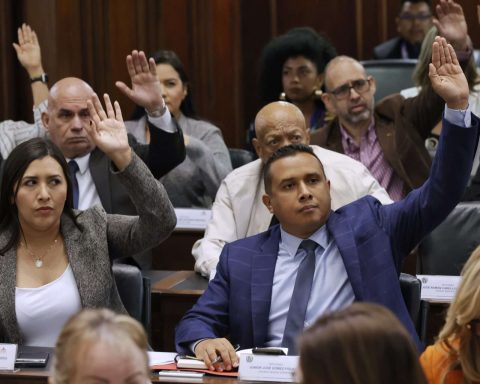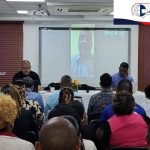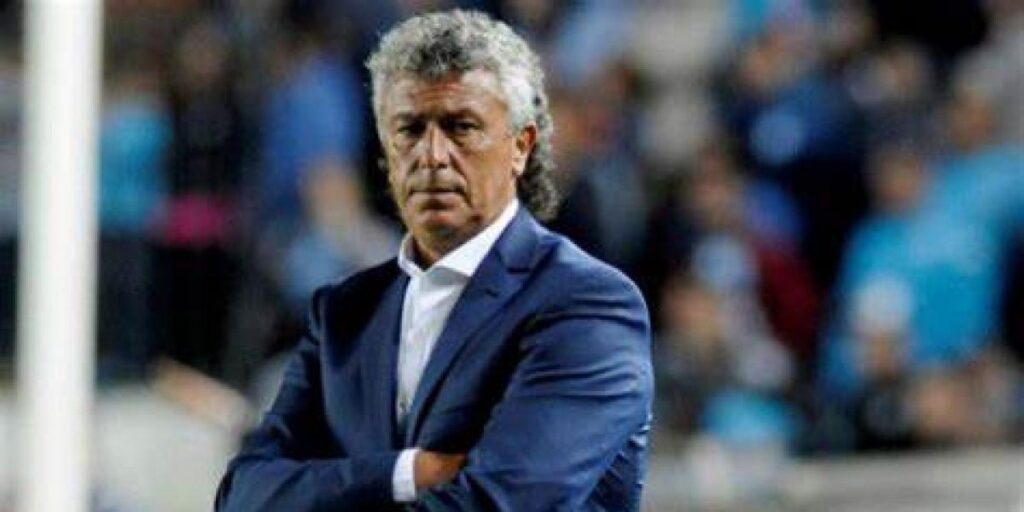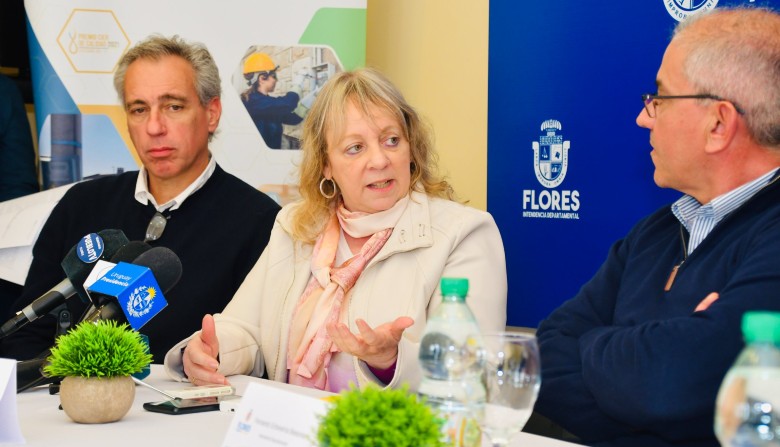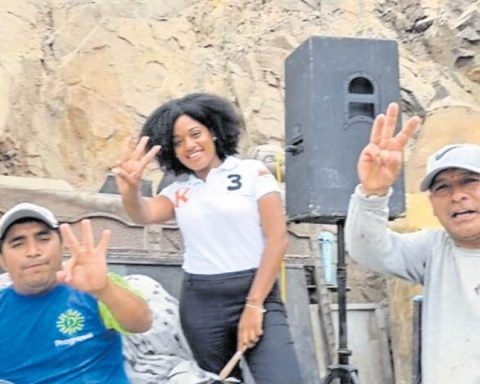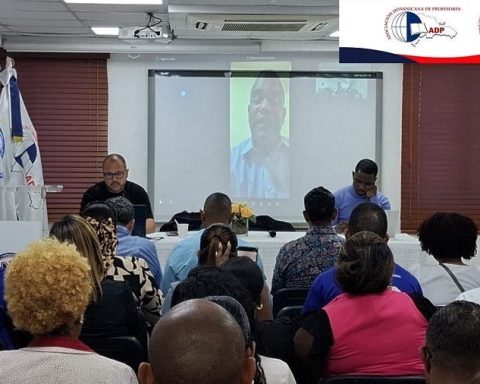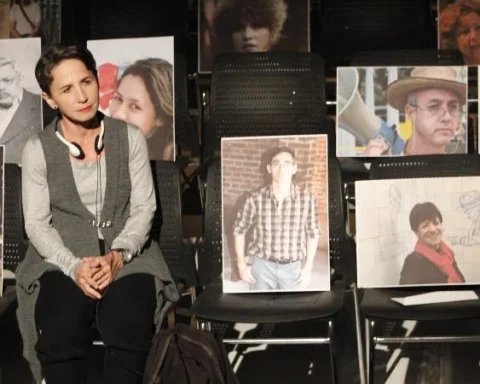At the end of August they also found an aircraft in Apure. The military chief attributed the property to the “tancol”, an acronym invented by the Nicolás Maduro regime that means “Colombian armed terrorist drug traffickers”
Officials of the National Armed Forces (FAN) located and disabled an “unidentified or authorized” aircraft in a gallery forest in Apure state, bordering Colombia, reported this Saturday, September 3, the operational strategic commander Domingo Hernández Lárez.
On his Twitter account, the soldier explained that it was hidden in the “head” of an illegal improvised track in the Pedro Camejo municipality, of that entity.
According to official data provided by Hernández Lárez himself, so far in 2022, the authorities of the Chavista administration have destroyed 27 aerial vehicles in the country, a figure that brings the number of disabled aircraft since 2012 to 305.
In exercise of our sovereignty and in accordance with the law, FANB locates and disables an unidentified or authorized aircraft, hidden in a gallery forest at the head of an illegal improvised runway in the municipality of Pedro Camejo – Apure, being No. 27 of 2022 and 305 since 2012. pic.twitter.com/WX3SW6lIvW
— GJ. Domingo Hernández Lárez (@dhernandezlarez) September 3, 2022
On Monday, August 29, the Chavista official also reported that two aircraft were disabled. One was found in that same town in Apureña and another in the Catatumbo municipality, in Zulia state, which also shares a border with Colombia. Both would have tried to “violate the geographical space without authorization on unauthorized clandestine tracks.”
The military chief attributed the ownership of these aircraft to the “tancol”, an acronym invented by the Nicolás Maduro regime that does not refer to any specific gang and that means “Colombian armed terrorist drug traffickers.”
Likewise, he reiterated that, with these operations on the border axis, the protection of “the sovereignty and integrity” of Venezuela is sought.
After the victory of the president of Colombia, Gustavo Petro, both countries have the reopening of the border as a pending task, closed to vehicular traffic since 2015, but -as explained by the ambassador of the Andean nation, Armando Benedetti, in an interview with Efe- the President Nicolás Maduro has asked to go “slower” in this process, expressing his concern about drug trafficking.
Post Views:
610
